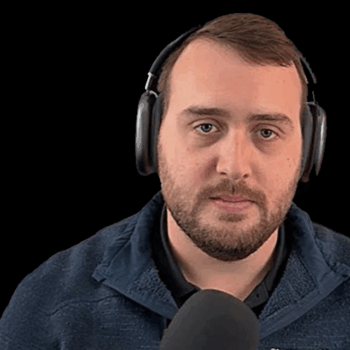

In today’s world, where cultural conversations are at the forefront of public discourse, it’s essential to engage in meaningful discussions that challenge mainstream narratives. This article delves into a series of conversations that explore various cultural issues, drawing insights from Charles Love, the executive director of Seeking Educational Excellence, co-host of the “Cut the Bull” podcast, and author of “Race Crazy: BLM, 1619, and the Progressive Racism Movement,” as well as other perspectives on topics like crime, race, gun rights, identity, social-emotional learning (SEL), and reparations.
Table of contentsFinding a Unique VoiceDiverse Audiences and Their ChallengesCritical Examination of BLMThe Complex Web of Cultural ConversationsCrime, Race, Gun Rights, and BeyondThe Intersection of Culture, Race, and ActivismSocial Emotional Learning, Identity, and ReparationsConsequences of Social MobilityA Holistic PerspectiveConclusionFAQsRelated Articles:
Finding a Unique Voice
Charles Love’s journey into cultural discourse began with a realization: there was a missing voice in the conversation. He saw an opportunity to address cultural issues from a relatable standpoint, becoming what he calls “the academic whisperer,” translating complex academic ideas into accessible language for the average person.
Diverse Audiences and Their Challenges
Defining the audience for his podcast and writings posed a challenge for Charles. He aimed to reach people interested in discussing contemporary topics making headlines and sparking debates, while also engaging those who disagreed with his views, fostering meaningful conversations. Striking a balance between reaching diverse audiences proved to be a complex task.
Critical Examination of BLM
One of Charles Love’s central subjects is the Black Lives Matter (BLM) movement. He approaches it critically, raising concerns about its focus, oversimplified analysis of systemic racism, antagonistic behavior during interactions with the police, and potential unintended consequences on policing.
The Complex Web of Cultural Conversations
In Charles Love’s discussions, BLM serves as a prime example of the intricate web of cultural conversations. He argues that these issues are multifaceted and cannot be simplified into black-and-white narratives. By critically examining the narratives and encouraging open dialogue, Charles aims to contribute to a more nuanced and informed cultural discourse.
Crime, Race, Gun Rights, and Beyond
Shifting our focus to other transcripts, we explore the complexities of crime, race, and gun rights in America. These discussions emphasize the importance of addressing the root causes of crime, ensuring fairness in the justice system, and engaging in open, respectful dialogue.
The Intersection of Culture, Race, and Activism
Discussions about culture, race, and activism are increasingly complex. Cultural influence plays a significant role in shaping individual aspirations and values, with the need to recognize that ideals vary across different communities. The role of activism is essential but must be critically evaluated considering both lived experiences and intellectual perspectives.
Social Emotional Learning, Identity, and Reparations
Social Emotional Learning (SEL) has become entangled with issues of racial and cultural identity, leading to a complex interplay of ideas and tensions. The discussion highlights the potential tension between African-American descendants of slaves and African immigrants in the context of reparations.
Consequences of Social Mobility
Social mobility has far-reaching consequences on perceptions, values, and choices. The discussion underscores the value of hard work and examines the shift from equal treatment to equal outcomes in society.
A Holistic Perspective
In a world marked by social mobility and changing values, understanding the consequences of cultural conversations, crime dynamics,
Discover more from Randy Bock MD PC
Subscribe to get the latest posts sent to your email.























